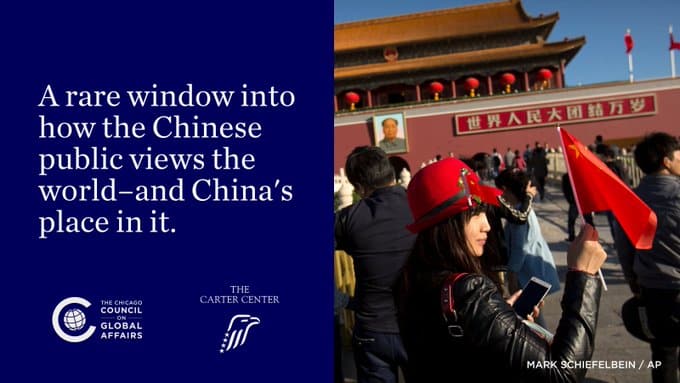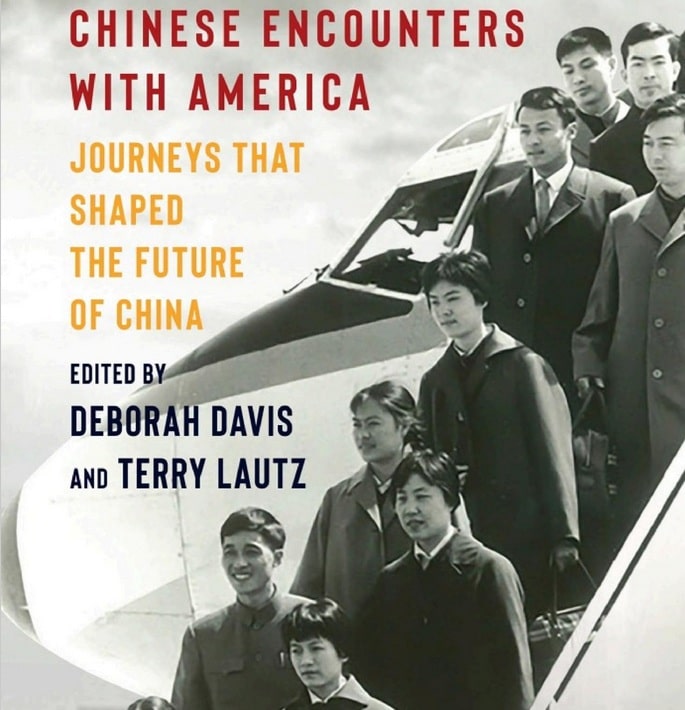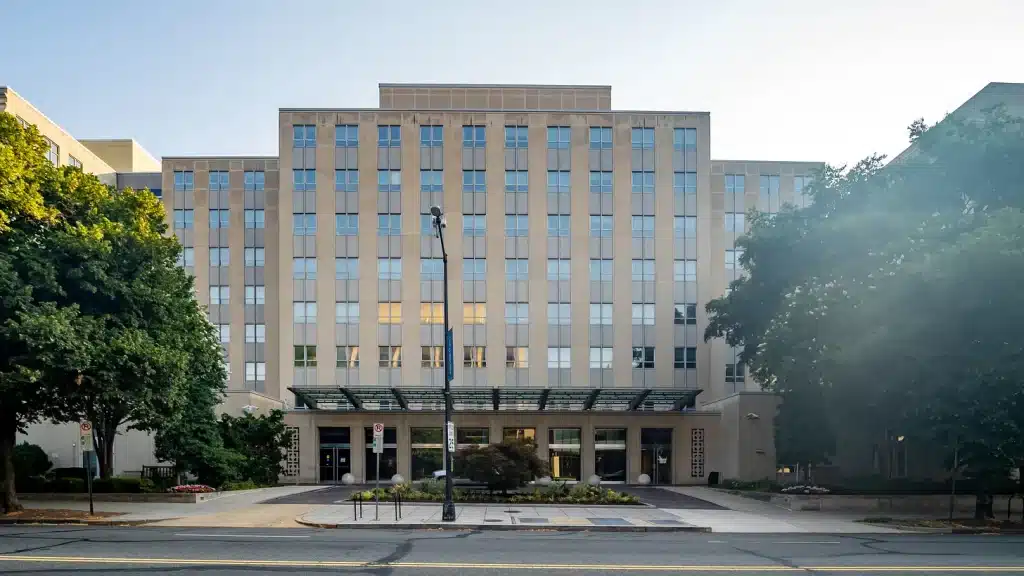CALL FOR PAPERS: How to Sustain a Peaceful & Constructive US-China Relationship
How to Sustain a Peaceful & Constructive US-China Relationship
CALL FOR PAPERS From Young American Scholars
The Fifth Young Scholars Forum on US-China Relations
Organized by The Carter Center, Peking University, the Global Times &
China Public Diplomacy Association
April 24-26, 2020
Beijing, China
In 2020, the Fifth Young Scholars Forum on US-China Relations will take place on April 24-26 in Beijing. The organizers invite young American scholars under the age of 45 to present multidisciplinary findings on various aspects of the most critical bilateral relationship in the world and their recommendations on how to make this relationship peaceful and constructive.
There has been deterioration of U.S.-China relations between the years when President Obama was about to leave the White House and when Xi Jinping just assumed the leadership position in China. But no one has expected the bilateral relationship to have such a nose-dive since Donald J. Trump became the president. At the current time, not only the trade war is still raging almost two years after Washington and Beijing have entered negotiation between the U.S. and China has for the first time become entirely possible. The stability and constructiveness of the bilateral relationship between the U.S. and China have been anchors for peace and prosperity for the Asia-Pacific region in the past 40 years. With the possible collapse of this relationship, the long-lasting engine for global growth and development is now threatened.
What has gone wrong with this relationship? What are the factors that have caused this sharp decline in mutual strategic trust? Are the differences in ideology and political system the ultimate culprit of the relational deterioration? With the relationship as we have known in the past 40 years evaporating in front of eyes on daily basis, what will be the new framework to manage this huge business of growing the global economy, slowing down climate change and preventing conflict between the two nations?
We invite US doctoral candidates, postdoctoral fellows, assistant and associate professors, think tank analysts, researchers and young professionals outside of academia under the age of 45 to send in proposals that can contribute to answering these questions. Schwartzman Scholars from the U.S. are also eligible to present their papers.
Proposals in English (no more than 300 words) with concise biographical information must be submitted by e-mail to uscnpm2019@gmail.com or zhongmeiluntan@gmail.com before February 15, 2020. Selection of participants to the forum will be announced on March 1, 2020.
The deadline for finalists to submit papers is April 10, 2020.
The conference organizers will cover the international airfare (economy class) and local expenses for all the paper presenting scholars from the U.S..
BACKGROUND OF THE FORUM
In September 2014, the first Forum for Young Chinese and American Scholars, which was jointly organized by The Carter Center and the Global Times, convened successfully at the Xi’an Jiaotong University. President Jimmy Carter attended the Forum and provided opening remarks. More than 20 young scholars from both countries presented their research on the theme “How to Build Future U.S.-China Relations in the Context of Turbulent International Relations”. Senior American and Chinese scholars, including Professor David Shambaugh, General Qiao Liang, commented on the presentations and offered suggestions for revision of the papers.
The second forum took place at The Carter Center in Atlanta, Georgia in October 2015. Scholars from both countries shared their research on the topic “How Will the Future International Order Be Shaped by Past and Current U.S.-China interactions?” Participating senior scholars also held a lively dialogue with Professor Lyle Goldstein, author of Meeting China Halfway: How to Defuse the Emerging US-China Rivalry.
In September 2016, Nanjing University hosted the third forum. Scholars from both countries presented their findings on the topic of “The Impact of US-China Educational Exchanges on U.S.-China Relations”. Professors Yan Xuetong, David Arase and Shen Dingli as well as veteran US-China education exchange leader and author Terry Lautz attended the forum.
In January 2018, the fourth forum was held at The Carter Center and Emory University in Atlanta. This forum focused on the role of nationalism, national identify and media in US-China relations. Professors Zhu Feng, John Garver, Wei Zongyou as well as opinion leaders Hu Xijin, Robert Daly, David Firestein and Ding Gang participated in the forum as keynote speakers and discussants.








